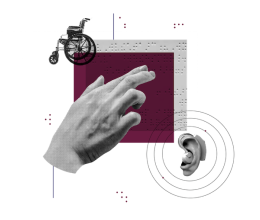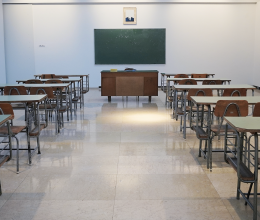A shocking new study finds that people who have spent time in the juvenile justice system are more likely to die violently than their peers who have not been involved in the system.
The study followed 1,829 people ages 10 to 18 who had been detained at the Cook County Juvenile Temporary Detention Center in Chicago between 1995-1998. By 2011, 111 of them had died, making their death rate nearly twice that of combat troops in wartime Iraq and Afghanistan. The rate was particularly high among girls who had been detained, who died at nearly five times the rate of the general population.
Lack of mental health care and other resources may be an important factor, according to Linda Tepin, lead author and professor of psychiatry and behavioral sciences at Northwestern University’s Feinberg School of Medicine. While youth from all socioeconomic backgrounds abuse and sell drugs, kids from wealthy families tend to have better support systems available and resources to access treatment. According to Tepin, during the study, researchers never encountered a juvenile from the affluent suburbs of Chicago. “Detention centers are where poor kids go. Wealthier kids have other options.”
As we have blogged about before, when state budgets become strained, governments often slash funding for vital treatment and prevention programs and the criminal justice system becomes the mental health service provider of last resort. The problem is, our criminal justice system is not equipped to be a treatment provider. Not only do people not get the services they need while in the system, they often leave the system worse off than when they entered. This is particularly true when looking at our juvenile justice population. A study by the Justice Policy Institute found that, when controlling for all other factors, the experience of incarceration was the most significant factor in increasing a youth’s likelihood of committing another crime.
In the United States we lock more people away than any other country, disproportionately people of color and the poor. Rather than address more difficult issues such as socioeconomic and racial disparities, our vast system of punishment has instead allowed us to further exclude and marginalize, often beginning with disadvantaged youth. It is vitally important that we dismantle our vast system of correctional control, and instead invest our resources into our communities and proven treatment and prevention programs. To read more about the ACLU’s work to end mass incarceration check out our Smart Justice, Fair Justice Campaign.







